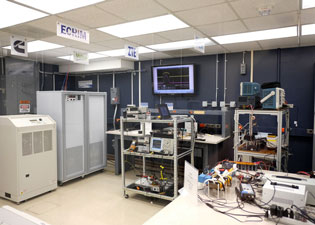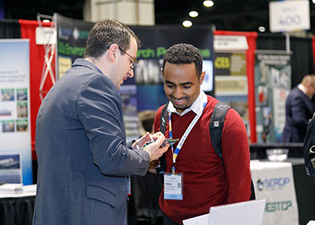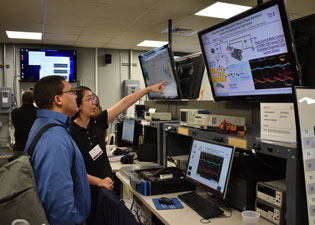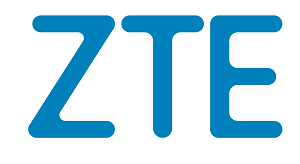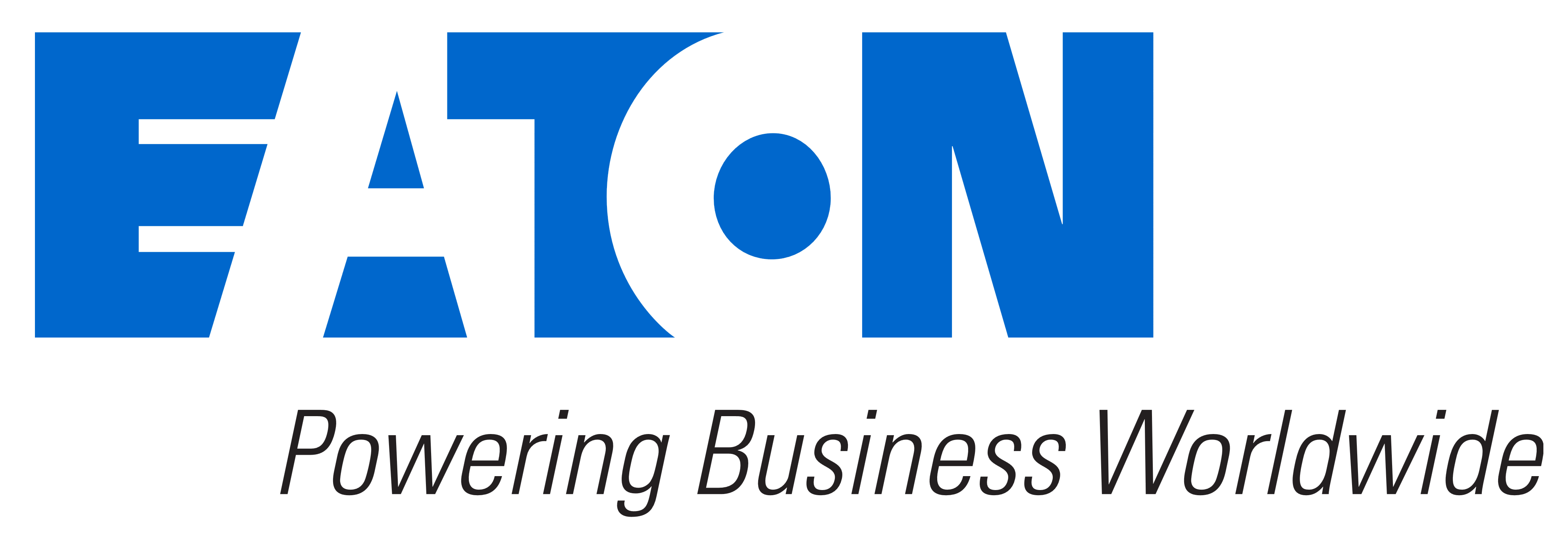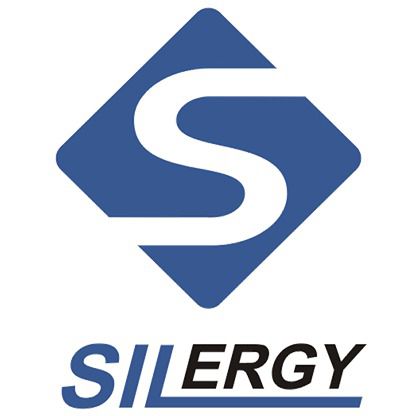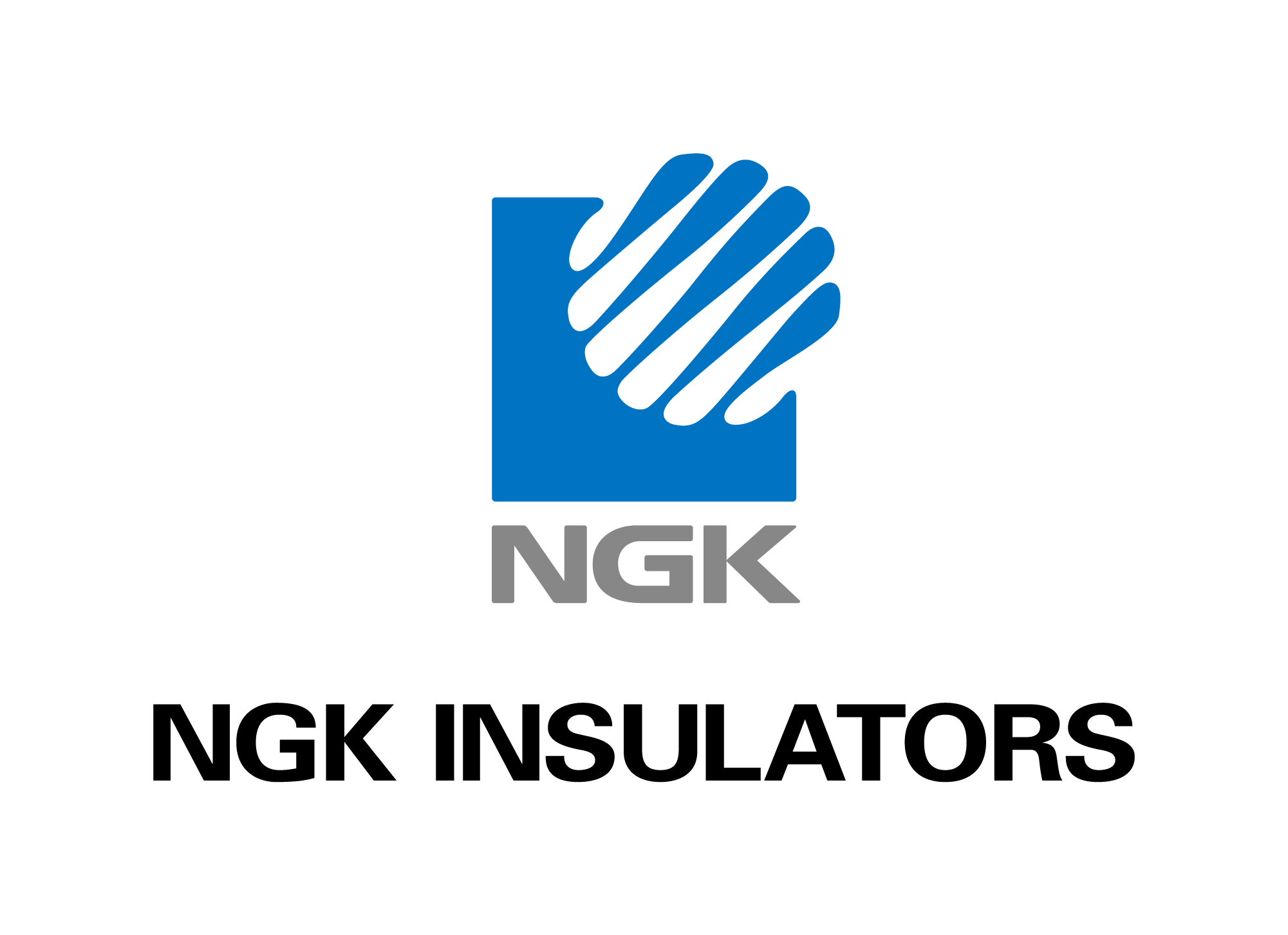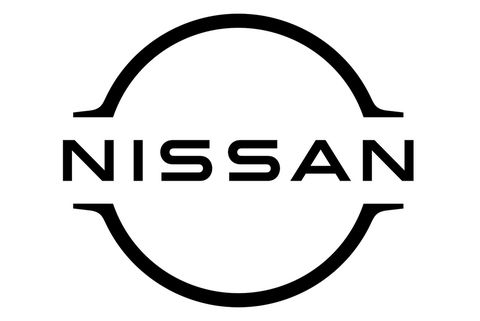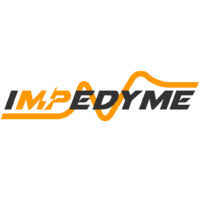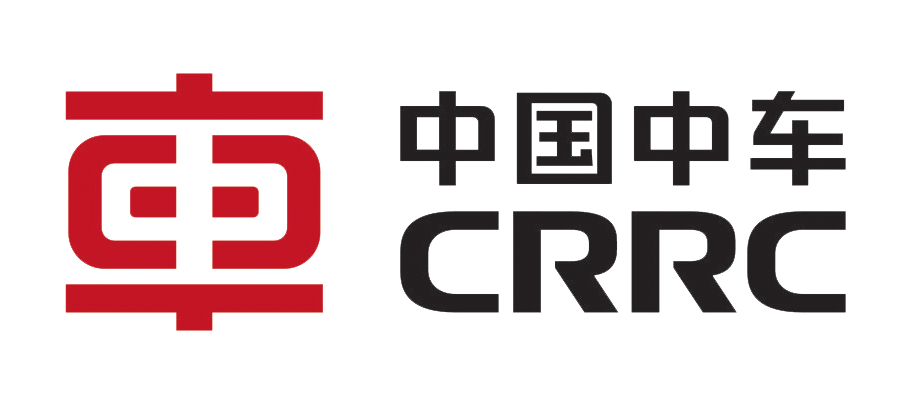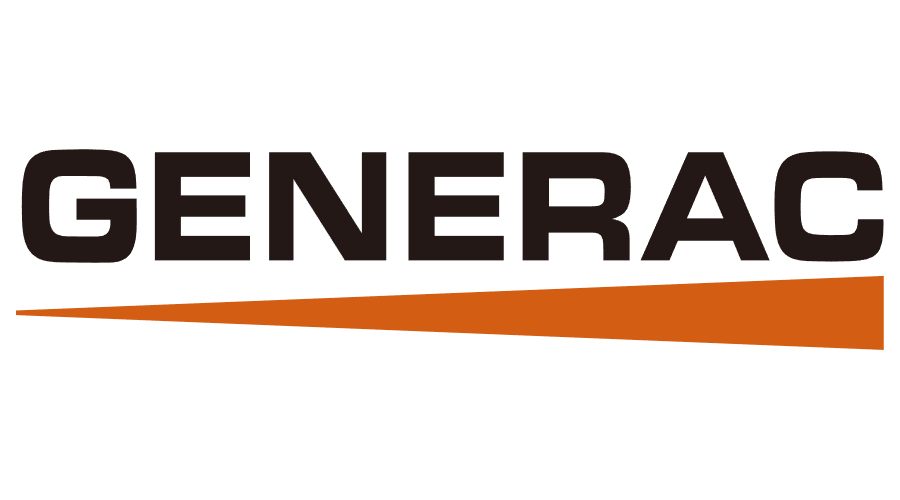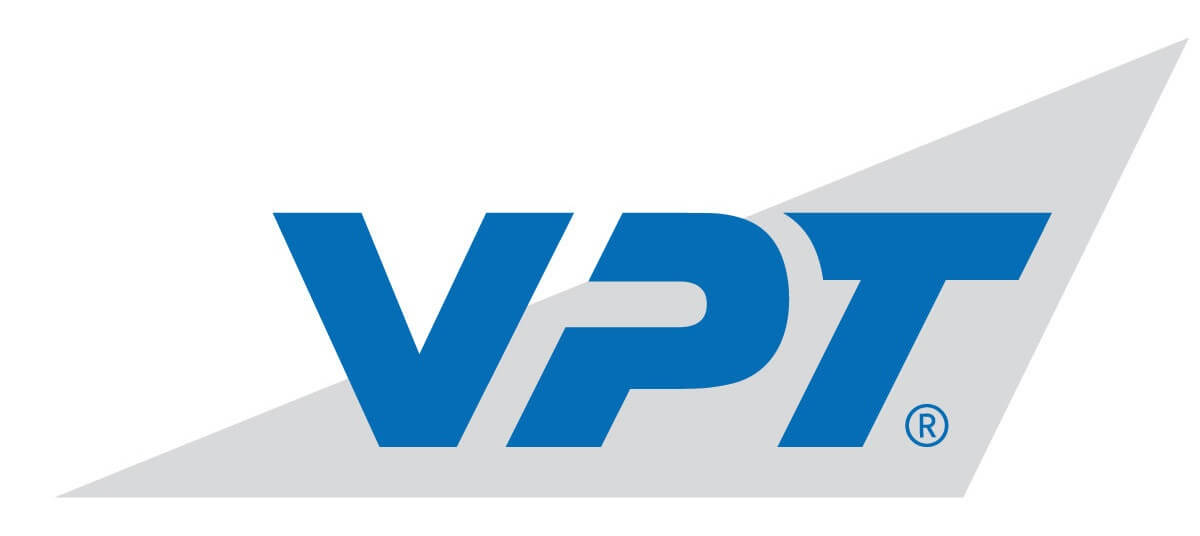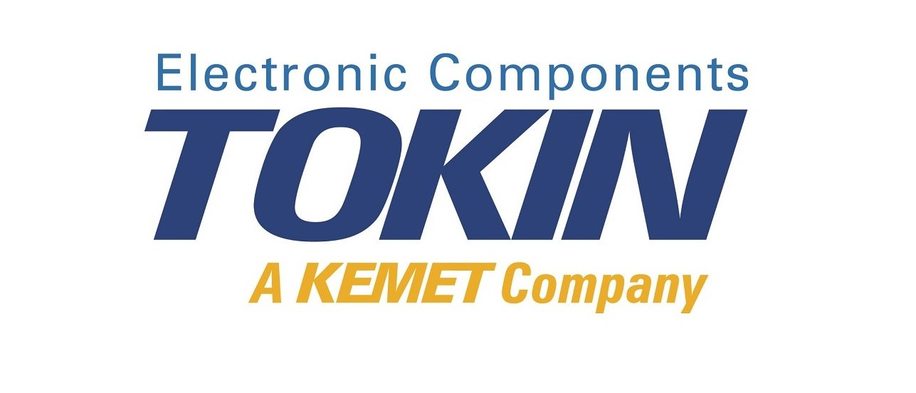PEOPLE
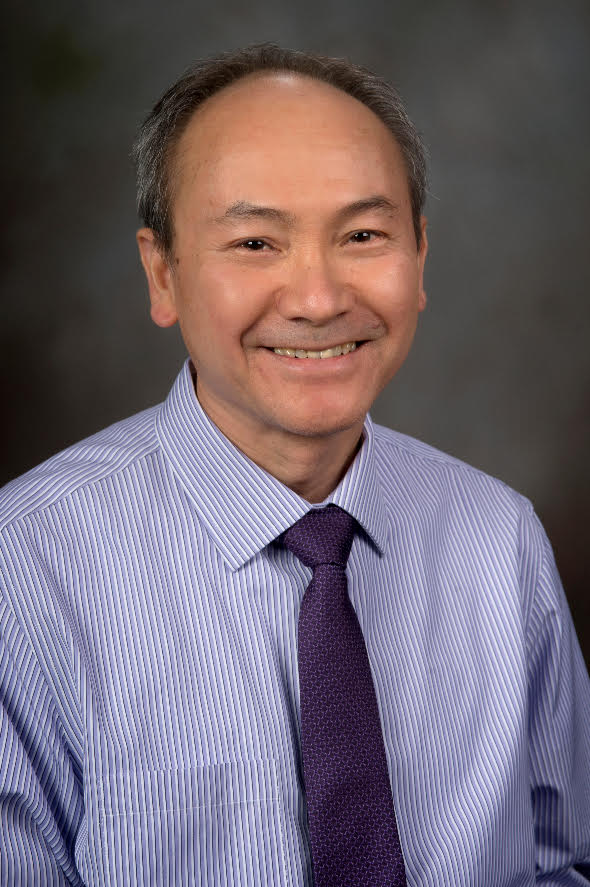
Upon completing education, he joined the General Electric Corporate Research and Development Center in Schenectady, New York, where he worked as a Member of the Technical Staff. In 1988, he joined the University of Florida in Gainesville, Florida, where he served on the faculty of the Department of Electrical and Computer Engineering. In 2006, he joined Virginia Tech as a professor in the Electrical and Computer Engineering Department and as a member of the Center for Power Electronics Systems.
At Virginia Tech, he pursues technologies for integration and packaging of power passive and active components to realize building blocks for power electronic systems. The integration strategy pursued divides the power electronic converter into three building blocks: Active, Passive, and Filter Integrated Power Electronics Modules (AIPEM, PIPEM, and FIPEM). Electro-magneto-thermal structures have been synthesized for realization of the functionalities expected from the structures. Materials and processes have been identified to verify the operation of the integrated structures. The structures, components, and interfaces have been subjected to thermal or power cycling, shearing, profiling, and spectroscopy analyses to assess their reliability. The AIPEM structure (e.g., an "embedded-power" module) contains the semiconductor devices, the associated ancillary functions (e.g., gate drives, sensing, and protection), and thermal management elements (e.g., heat spreader, heat sink, and micro-channel coolers). Interacting with the AIPEM to shape the conversion gain is the PIPEM (e.g., an integrated inductor/capacitor/transformer network) containing passive components designed to propagate energy at the switching frequency. The FIPEM (e.g., an integrated lossy transmission line for EMI filtering), on the other hand, contains passive components designed to attenuate at the switching frequency, or the frequencies beyond the useful power bandwidth. These building blocks can be integrated, with intelligence, into the energy-delivery path, starting at the load end and expanding to the network and the source end, to realize versatile, cost-effective, reliable, and sustainable energy systems.
Materials, fabrication processes, characterization metrology, and design-oriented models have been developed and improved to support the integration technologies. Wide bandgap semiconductor chips, encapsulants, substrates, soldered bonds, and sintered bonds have been characterized and modeled up to 250°C for high-temperature power electronics. Modeling includes not only electrical performance, but also thermal behavior and thermo-mechanical reliability. Techniques to synthesize magnetic materials with high resistivity and low hysteresis loss are investigated for high-density converters operating at 5 MHz. Distributed magnetic structures with high, uniform energy density have been demonstrated with at least two times reduction in size compared to conventional structures. MEMS-based processes are then employed to integrate the passive materials and components into semiconductor wafers carrying power converters.
As an instructor, Khai Ngo has taught courses in electronics, energy systems, power electronics, packaging, and integrated product-process design. The electronic courses cover the use of microelectronics and integrated circuits for analog applications, such as amplification, filtering, and signal processing. The energy systems courses cover transformers, relays, motors, generators - the basic building blocks of a power system. The packaging course covers the material, process, thermal, mechanical, and electrical issues in electronic packaging. The power electronic courses cover high-frequency components, power conversion topology, and control. The integrated product-process design courses take the students through all productization stages, from customers' needs to concept generation, manufacturing, and marketing.


